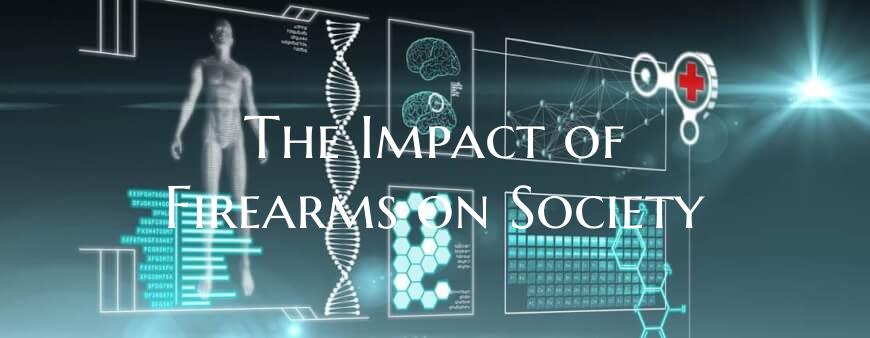The Impact of Firearms on Society
Introduction: Firearms have a profound impact on society, shaping various aspects of life including safety, crime rates, politics, and personal liberties. The debate over gun control, gun rights, and the role of firearms in society continues to be a contentious issue across the globe. Understanding the multifaceted impact of firearms is crucial in navigating policies and regulations that aim to balance individual freedoms with public safety.
Impact on Safety: One of the key considerations in the debate over firearms is their impact on safety. Proponents of gun ownership argue that firearms provide individuals with a means to protect themselves and their loved ones in times of danger. However, opponents point to the alarming rates of gun-related violence, accidents, and suicides as evidence of the risks associated with widespread gun ownership. The presence of firearms in homes and communities can influence the overall safety and well-being of individuals, highlighting the need for comprehensive strategies to mitigate potential harm.
Impact on Crime Rates: The relationship between firearms and crime rates is complex and often subject to interpretation. Some studies suggest that areas with higher rates of gun ownership experience lower crime rates, attributing this correlation to the deterrent effect of armed civilians. Conversely, research also indicates that the availability of firearms can escalate conflicts, contribute to violent crimes, and pose significant challenges for law enforcement agencies. Striking a balance between individual rights and public safety requires a nuanced approach to addressing the impact of firearms on crime rates.
Political and Legal Considerations: The debate over gun control and gun rights is deeply intertwined with political ideologies and legal frameworks. Different countries have varying approaches to regulating firearms, reflecting cultural norms, historical contexts, and the perceived role of government in ensuring public safety. The tension between individual liberties and collective security underscores the need for policymakers to navigate the complex terrain of gun laws while considering the diverse perspectives of stakeholders on both sides of the issue.
Personal Liberties and Responsibilities: Central to the discussion of firearms is the concept of personal liberties and responsibilities. Advocates of gun ownership emphasize the Second Amendment rights in the United States and the notion of self-defense as a fundamental human right. Conversely, concerns about gun violence, mass shootings, and accidental deaths underscore the importance of promoting responsible gun ownership practices, including proper training, secure storage, and adherence to legal requirements. Balancing individual freedoms with societal interests is an ongoing challenge in the discourse surrounding firearms.
Conclusion: The impact of firearms on society is multifaceted, encompassing considerations of safety, crime rates, political dynamics, and individual rights. As the debate over gun control and gun rights continues to evolve, it is essential to engage in informed discussions that take into account the complexities of this issue. Striving to find common ground while upholding the values of safety, justice, and individual freedoms is crucial in shaping policies that address the impact of firearms on society in a balanced and effective manner.

